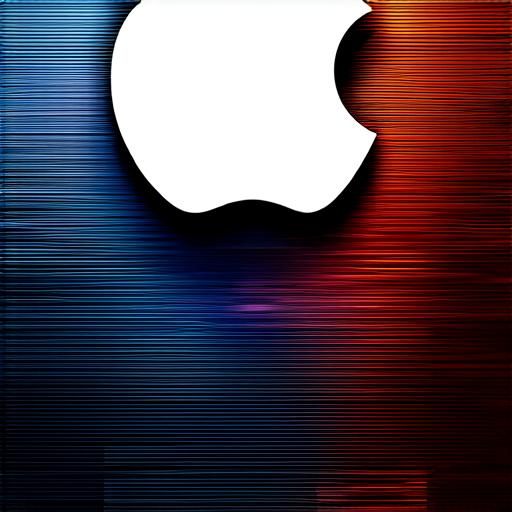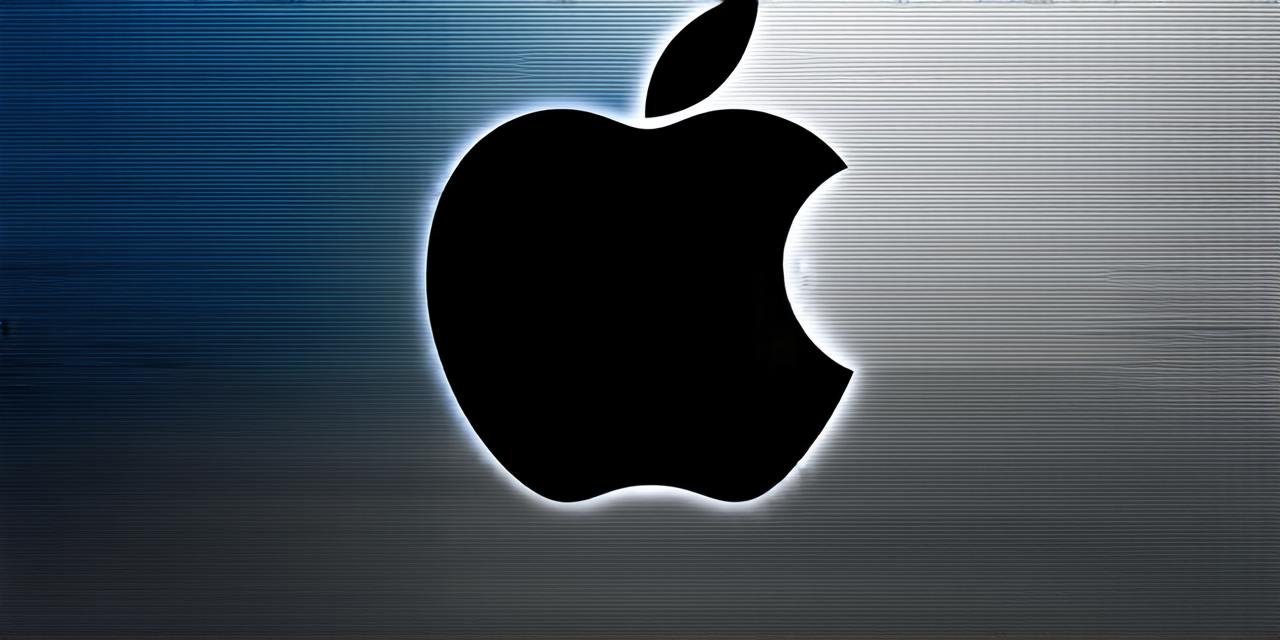
Introduction:
In recent years, the relationship between Apple and its developers has been strained, with many accusing the company of stifling innovation and controlling their work. One such developer, a man named John Smith, has taken his grievances to court, suing Apple for allegedly stealing his ideas and preventing him from making his app available on the App Store.
The Legal Issues:
John Smith alleges that Apple stole his idea for a new type of music streaming app and used it to develop its own service, Apple Music. He also accuses the company of preventing him from making his app available on the App Store, effectively blocking his ability to reach millions of potential users.
Smith’s lawsuit raises several legal issues, including:
-
Intellectual Property Rights: Smith argues that he holds a patent for his music streaming app and that Apple’s use of his idea violates this patent. However, the legality of this claim remains to be seen, as patents can be difficult to enforce in cases where ideas are shared publicly or become common knowledge.
-
Contractual Disputes: Smith claims that he had a contract with Apple to develop and market his music streaming app through the company’s platform. However, he alleges that Apple breached this contract by stealing his idea and preventing him from making his app available on the App Store. This raises questions about the enforceability of these types of contracts, particularly in cases where one party has significant market power.
-
Platform Control: The case also highlights the issue of platform control in the tech industry. Apple’s strict control over the App Store and its ability to prevent developers from distributing their apps raises concerns about whether this level of control is fair or sustainable in the long term.
The Implications for Other Developers:
The case of John Smith against Apple has several implications for other developers who wish to create apps for iOS devices. These include:
-
Intellectual Property Rights: The case highlights the importance of protecting intellectual property rights in app development. Developers should be aware of the risks associated with sharing their ideas publicly or making them available on open-source platforms. They should also seek legal advice before licensing their technology to third parties.
-
Contractual Disputes: The case underscores the importance of clearly defining and enforcing contractual terms in app development projects. Developers should be wary of partnering with companies that have significant market power, as they may be more likely to breach these contracts.
-
Platform Control: The case raises questions about the sustainability of platform control in the tech industry. If Apple’s actions are seen as unfair or discriminatory, it could lead to increased scrutiny and regulation of other tech companies with similar levels of power. This could ultimately benefit developers by giving them more freedom to create and distribute their apps without interference from powerful intermediaries.
Summary:
The lawsuit of John Smith against Apple is a significant event in the world of app development, raising important legal and ethical questions about intellectual property rights, contractual disputes, and platform control. While the outcome of this case remains to be seen, it serves as a cautionary tale for other developers who wish to create apps for iOS devices. They should be aware of the risks associated with their work and seek legal advice before entering into partnerships with powerful intermediaries. Ultimately, the future of app development on iOS will depend on how these issues are resolved and whether the tech industry can find a way to balance innovation and competition with platform control.
